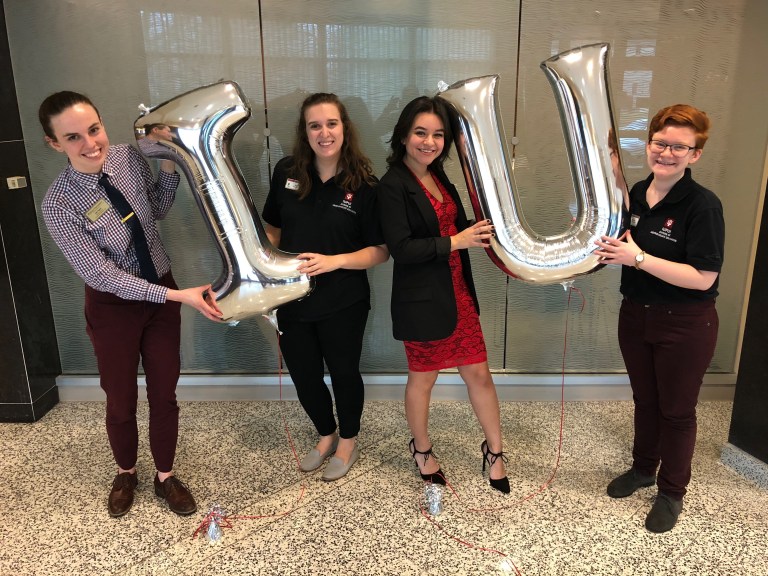Students who have aged out of the foster care system (foster care alumni) are entering higher education at higher rates than before, but they remain underrepresented in graduation statistics (Geiger & Beltran, 2017). Higher education professionals tend to offer support for these students from a deficit perspective with the assumption that foster care alumni’s backgrounds and past experiences contribute to them being underprepared for succeeding in college. To counter the deficit narrative and to explore asset-based approaches that support this population, we examined the THRIVE (formerly Fostering Success) program at IUPUI, which is known for its empowerment- and resilience-based approaches to support foster care alumni and other independent students on campus. Our findings indicate that this program exemplifies three kinds of culturally relevant and responsive environments through Museus’s (2014) Culturally Engaging Campus Environments (CECE) model of student success: culturally validating environments, proactive philosophies, and availability of holistic support.

For more information, contact the Division of Undergraduate Education Office of Communications at duecomm@iu.edu.

